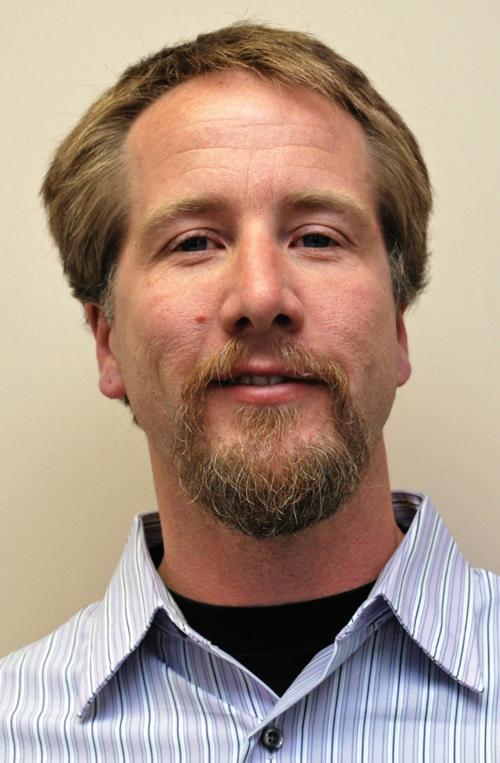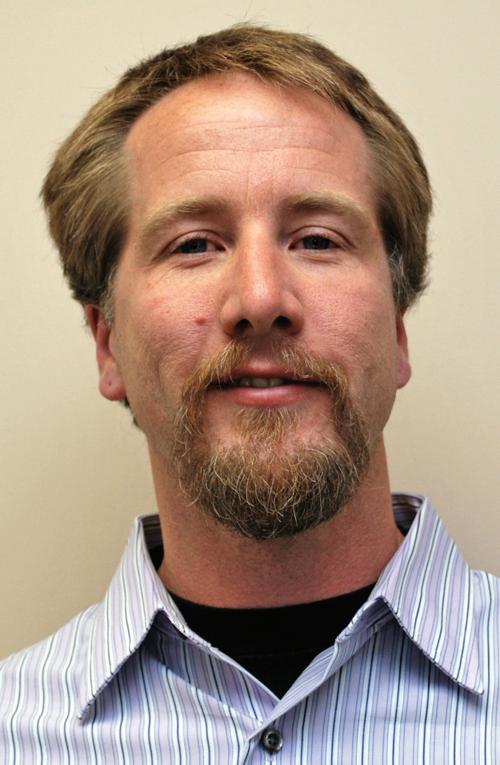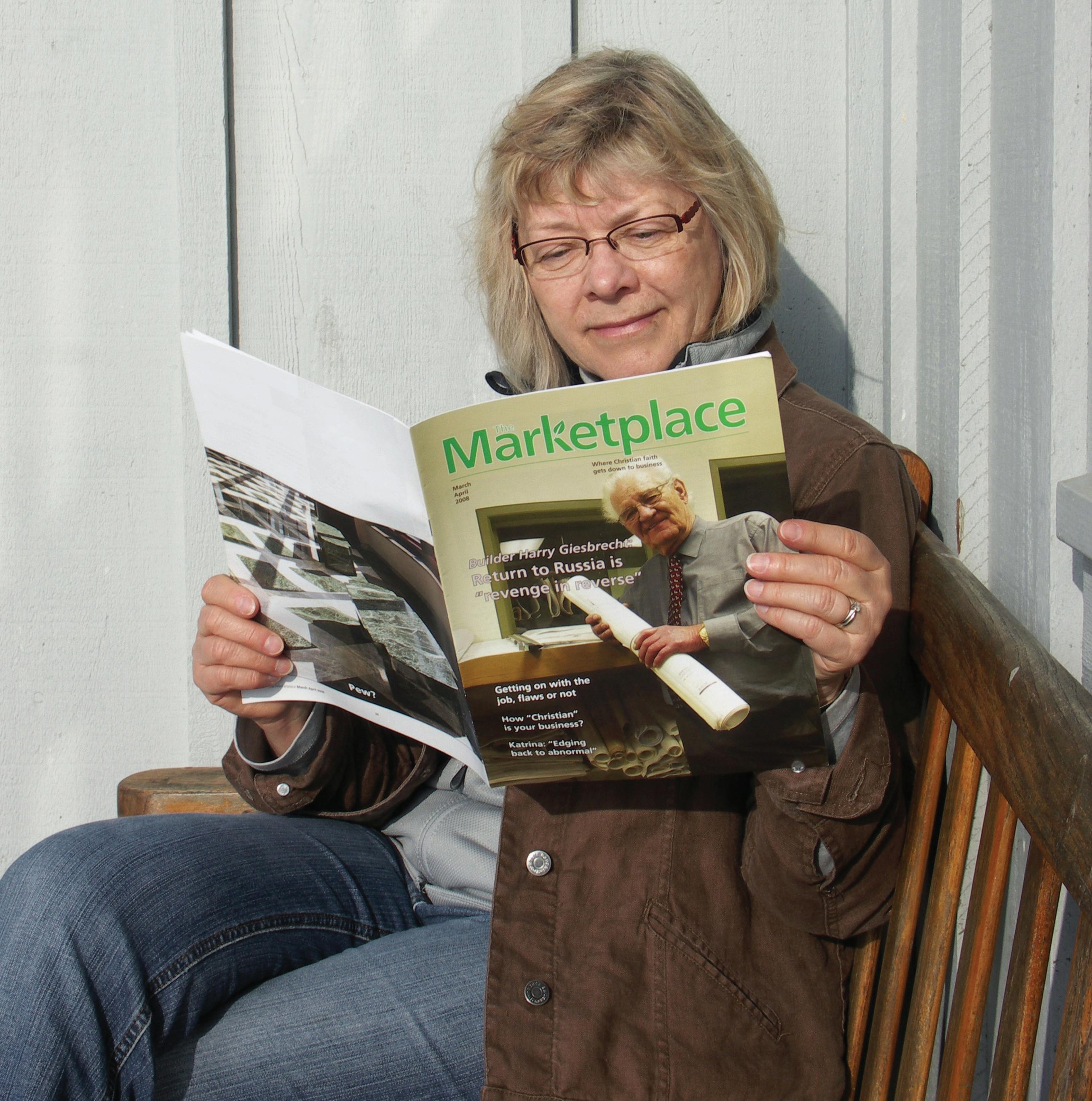
5 minute read
News
Popping the bubble of business start-ups
Scott Shane wants to poke holes in the prevailing view that people who start new companies are innovative job-creators laden with creativity and courage.
Advertisement
Some are, but they are exceptions rather than the norm, he claims in his new book, The Illusions of Entrepreneurship (Yale University Press). Only “a small sliver” of new businesses actually deliver the vaunted new jobs and economic growth commonly attributed to entrepreneurship, he declares.
It’s not that Shane is antibusiness. In fact, he’s professor of entrepreneurial studies at respected Case Western Reserve University. But he wants to deflate “entrepreneurial myths” and tame any wild expectations that start-ups lead to job-creating nirvana.
Here are some of his “mind-clearing” findings (backed by 30 pages of research endnotes): • America is not as entrepreneurial as people think, and it’s becoming less so. The rate of self-employment has been declining for many decades. “For all the talk about how often Americans start businesses, we do it a lot less often than people in other countries,” says Shane, claiming that Peru, Uganda, Ecuador and Venezuela all have more than twice the start-up rate of the U.S. • Wealthier countries typically have lower rates of selfemployment because higher wages make it more expensive to own a business, in which case why not work for someone else. • Only a third of people who start a business get it up and running within seven years. Almost half (46 percent) that are still alive after five years are home-based. • Those who start new businesses don’t do so because they are bursting with innovative new ideas or because they plan to employ a lot of people. “Most people start businesses simply because they just don’t a business to do what they’re already doing. And it doesn’t necessarily earn them more money. “The typical entrepreneur works more hours but earns less money than he would have earned had he worked for someone else,” Shane claims. • But the news isn’t all bad. Despite harder work and lower income, the self-employed report higher job satisfaction. “Entrepreneurship provides a very important nonfinancial benefit: it makes people happier.”
According to Shane, the typical entrepreneur is not someone with extraordinary skills or hidden psychological
like working for someone else,” says Shane. • The media likes to feature dazzling new start-ups, but in reality most new businesses are in run-of-the-mill industries like construction or retail trade. “The typical start-up isn’t innovative...it produces the same products and services as existing businesses....” • That’s because people tend to start businesses in fields they already know. “Entrepreneurs don’t select industries because they are good for start-ups but rather because they know these industries and because it is easy to start businesses in them.” • A common denominator of people who start businesses is that they don’t like working for someone else. So they start powers, but rather “a middleaged white guy who just wants to earn a living and doesn’t want to work for someone else.”
Shane fears that prevailing erroneous views about entrepreneurs produce unsustainable hopes.
“The myths about entrepreneurship are so strong that, as citizens, we have fashioned public policies around them,” he says. “Unfortunately, the truth is that entrepreneurship is not a panacea.... Making policy decisions on the basis of myths about the impact of start-ups leads to a lot of wasted resources and bad incentives.” ◆

Leadership program has Anabaptist flavor
Leadership training with an Anabaptist perspective will get underway in late September at Laurelville Mennonite Church Center, Mt. Pleasant, Pa.
The two-session Valuesbased Leadership Program (Sept. 23-25 and Feb. 24-26) is geared to senior leaders from business, church-related organizations and congregations who want to strengthen their leadership abilities and impact. The program includes formal presentations, built-in times for reflection, self-assessment exercises, peer discussions, spiritual input and one-on-one mentoring.
Organizers say what sets VBLP apart from other leadership training programs is its servant leadership perspective, grounded in participants’ faith,
MEDA hires new VP for marketing
Jon Unger Brandt has joined MEDA as vice president of marketing & resource development.
He will develop an overall marketing strategy that broadens MEDA’s focus beyond the Anabaptist community. In addition, he will be accountable for resource development, achieving financial targets for member donations and other contributions and investments. Unger Brandt will also expand MEDA’s image and exposure and enhance MEDA’s influence on key issues.
“We are very happy to have Jon joining our team,” says president Allan Sauder. “MEDA is a leader and innovator in international development. Now, with the addition of Jon’s expertise, we intend to become known more broadly for the work we are doing to reduce poverty around the globe through business solutions.”
For the past five years, Unger Brandt has been director of advancement with Eastern Mennonite Missions in Pennsylvania, leading the public relations, media and resource development teams. Media relations, graphic design, resource development, events
Jon Unger Brandt
& church relations, database and IT have all been part of his role.
“I am excited to have this opportunity to bring my skills to MEDA,” says Unger Brandt. “It is a privilege to be a part of MEDA’s mission in helping the poor around the world and sharing how our MEDA members make a difference in their own workplace.”
He is a graduate of the University of Winnipeg and Red River College, also in Winnipeg, with an MBA from Taylor University in Indiana. He will be based in MEDA’s office in Lancaster, Penn. ◆ core values and life experiences.
Resource leaders are: • Nelson Kraybill, president, Associated Mennonite Biblical Seminary • Linford King, denominational minister, Mennonite Church USA • Lee Schmucker, owner, Schmucker Training and Consulting • Rick Stiffney, president, Mennonite Health Service • Allon Lefever, entrepreneur and educator, Eastern Mennonite University • Erin Clymer, program director, Laurelville Mennonite Church Center
The event comprises two sessions in September (“Leading from the Inside”) and February (“Leading and Empowering Others”) so that participants can use the time between to apply and test the lessons of the first session, discover what works and what doesn’t, and bring experiences and questions to the second session for resolution.
For more information visit www.laurelville.org/vblp ◆








